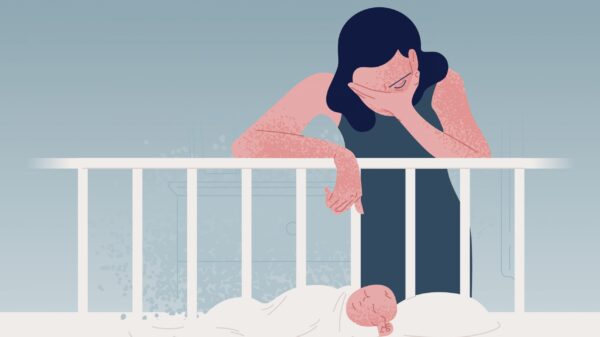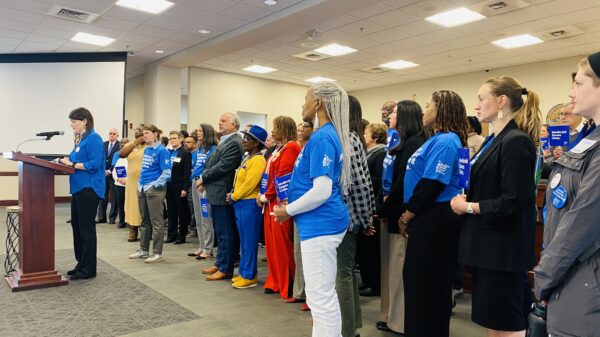Staff Report
After a flurry of news releases and news conferences Thursday, Alabama officials were left to figure out what the Supreme Court’s ruling on health care means for the state.
In particular, lawmakers will have to decide whether to embrace a Medicaid expansion that could extend insurance to hundreds of thousands of Alabamians currently without it, but that will require the state to spend hundreds of millions of dollars more on the program.
“I think it’s important not to get ahead of what we know,” said State Health Officer Don Williamson, head of a task force on Medicaid, at a news conference Thursday. “To jump and say we should or shouldn’t expand Medicaid — at this point, I certainly don’t feel prepared to say that.”
In a 5-to-4 ruling, the Court upheld a requirement for individuals to carry insurance — a critical part of the law — as constitutional under Congress’ taxing authority. The law requires those currently without insurance to obtain insurance starting in 2014, or face a fine.
Those who cannot afford insurance would be provided a sliding scale of subsidies, up to 400 percent of the federal poverty level. According to the Kaiser Family Foundation, a nonprofit health information organization, the subsidy would be available for individuals making $43,320 or less; a family of four could make up to $88,200 to qualify for subsidies.
By 2016, penalties for not having insurance would be $695 per person in a household, or 2.5 percent of the household income.
The law would also expand Medicaid eligibility to those who make 133 percent or less of the poverty level. The income limit for individuals would be $14,856 a year; a family of four would have to make $30,657 or less to qualify for Medicaid.
The federal government will pick up 100 percent of the states’ cost of Medicaid expansion from 2014 to 2016; the subsidy will gradually decrease to 90 percent by 2020.
The Court, however, ruled that states’ existing Medicaid funds cannot be taken away if a they chose not to participate in the expansion.



















































